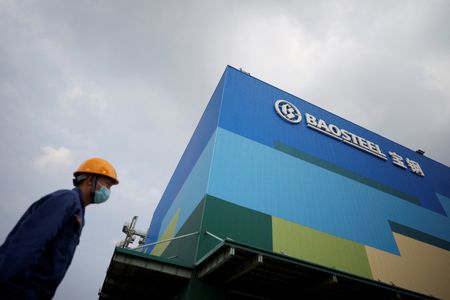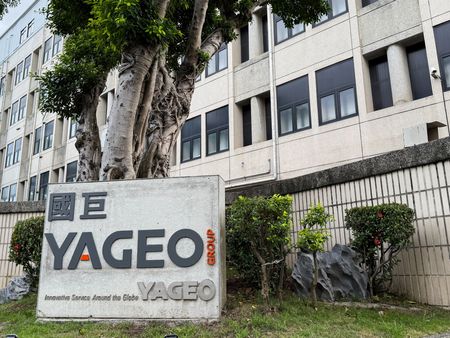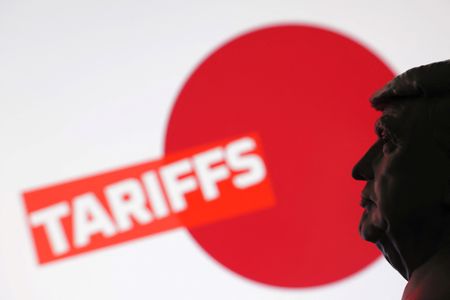By Charlie Conchie, Helen Reid and Anousha Sakoui
LONDON (Reuters) -This time last year Britain was mounting a charm offensive on online retailer Shein, with ministers saying they had conversations with the seller of $5 t-shirts about the benefits of a London listing.
A year later and efforts to win over what looked to be one of the largest UK IPOs in the last decade have come to nought. Although the UK signed off on Shein’s IPO application, the retailer is instead turning to Hong Kong for its listing, Reuters reported Wednesday.
Coming after a string of London delistings and IPO defections, Shein’s departure risks delaying efforts to revive the City’s appeal while the global economic environment remains volatile.
“Shein’s listing would have been a boost to the market,” said Alasdair Steele, corporate partner with law firm CMS. “However, there was never any guarantee that a single large listing would reignite the IPO market.”
Last summer, Britain overhauled listing rules to make its exchanges more attractive to companies. That has yet to translate into substantial dealmaking.
UK equity capital markets deal values fell in the year to date to $9.2 billion, down 16% from the same period last year and down more than 70% from a peak in 2021. Hong Kong on the other hand has seen its equity capital markets deal values rise nearly fivefold, according to Dealogic data.
In the background, UK-focused equity funds have suffered many months of outflows.
Shein, whose biggest market is the United States, faces a concrete threat to its low-price model after President Donald Trump ended a duty exemption for small packages shipped from China. But even before the tariff war, it had already downsized its valuation ambitions and faced opposition from some lawmakers.
Shein has faced allegations that its clothes contain cotton from China’s Xinjiang province, where the U.S. and NGOs have accused the Chinese government of human rights abuses and forced labour. Beijing denies any abuses.
Shein has previously said that it has a zero-tolerance policy for forced labour and requires its contract manufacturers to only source cotton from approved regions.
Earlier this year a senior lawyer at Shein was questioned by a British parliamentary committee on its supply chain, and committee chair Liam Byrne raised concerns about the evidence from that hearing with the London Stock Exchange and Britain’s Financial Conduct Authority, in charge of green-lighting IPOs.
Shein gave details of its supply chain in China in written responses to the parliamentary committee’s questions in January, and said it does not allow Chinese cotton in its clothes sold in the U.S., which has a law banning products made with Uyghur forced labour.
James Alexander, CEO of UK Sustainable Investment and Finance Association, a body that promotes sustainable finance, said: “The prospect of Shein listing in the UK has long raised concerns with investors around the company’s transparency, and the risks of being exposed to allegations of modern slavery and human rights abuses in its supply chains.”Shein had no immediate comment.
“The Shein news is much more to do with China than London,” said Lisa Gordon, chair of investment bank Cavendish and a member of the Capital Markets Industry Taskforce (CMIT) – a group dedicated to the revival of Britain’s markets. “The London market is in a very good position.”
It is not the first major IPO loss this year. In February Unilever said it had chosen Amsterdam for the main listing of its ice cream business. That follows a string of London-listed companies that have either considered moving their listings elsewhere, such as Shell, or moved like online betting company Flutter.
Britain’s government and the London Stock Exchange had no immediate comment on the Reuters report.
However, advisers and trade groups say they have been buoyed by a revival in potential IPO candidates in recent weeks.
Professional services firm MHA raised 98 million pounds in a float on London’s junior market in April, while Cobalt Holdings and online trading platform iForex have revealed plans to list their shares on the London Stock Exchange in the coming months, according to statements from the companies.
(Reporting by Charlie Conchie, Helen Reid and Anousha SakouiAdditional reporting by Allstair SmoutEditing by Nick Zieminski)












